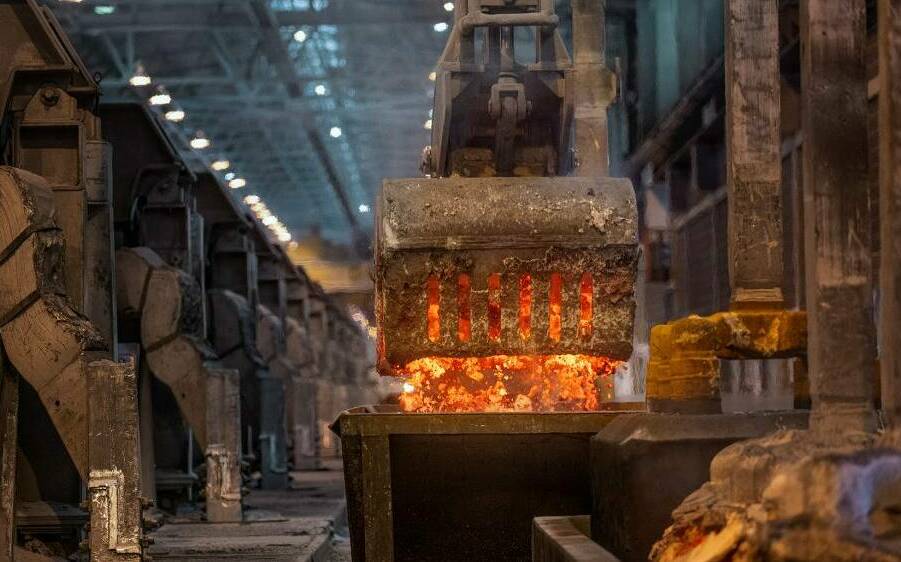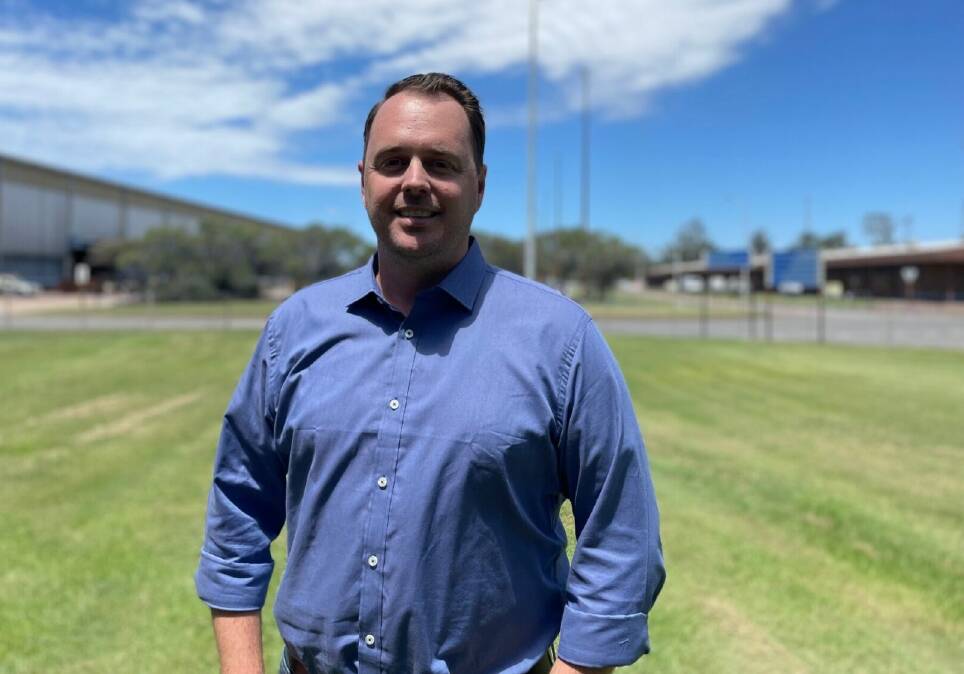The state's largest power user, Tomago Aluminum, was on standby to cut back production on Thursday afternoon to help prop up NSW's straining power grid.
The mercury reached 35.1 at Nobbys, 37.7 at Cessnock Airport, 37.5 at Williamtown, 37.2 at Tocal and 37.4 at Lake Macquarie at 2pm as heatwave conditions gripped the Hunter.
The conditions led the Australian Energy Market Operator (AEMO) to warn of a "significant reduction" in predetermined electricity reserve levels on Thursday between 5pm to 9pm.

Earlier, Energy Minister Penny Sharpe urged residents to turn up their air conditioning thermostats and delay using non-essential appliances in order to conserve the energy supply.
The Tomago smelter takes a constant 950 megawatts, or 10 per cent of NSW supply. It is also the largest interruptible load and can take around 600 megawatts off the state grid within minutes.
In recent years it has received numerous AEMO directives to cut back or shut down its operations during periods of peak summer demand.
Tomago Chief Financial Officer Andrew Newman told the Newcastle Herald that the plant's operators were watching the grid "extremely closely" on Thursday.

"Ultimately we are here to support the grid should the need arise," he said.
The longest that Tomago's three potlines can be without power is three hours before they "freeze". This would mean the write-off of the plant, which would cost about $5 billion to rebuild.
"Ideally we like to keep making aluminium. Any form of outage or modulation curtailment has an effect on our process and the stability of our process," Mr Newman said.
"The best thing for an aluminium smelter is constant supply, stable operations and flat output."
Ms Sharpe said the government had worked closely with AEMO and network operators to prepare for this El Nino summer.
"With the community and the NSW Government working together during hot weather we can help minimise the risk of disruption to the energy grid," she said.
"Nobody should turn off an appliance they need. Instead, we're asking households to make small changes to the way they use non-essential appliances, to make a big difference to demand on the network and power bills."
Ms Sharpe warned the state may experience further energy supply shortfalls throughout the summer.
"We're going to have hotter days over the summer, and particularly when we head into February when everyone is back at work, and we're no longer on school holidays," she said.
"Three or four days of hot weather will make it very tough for people, so partly this is about working through those issues today... and looking at what else we can do as things actually get a bit more challenging."







